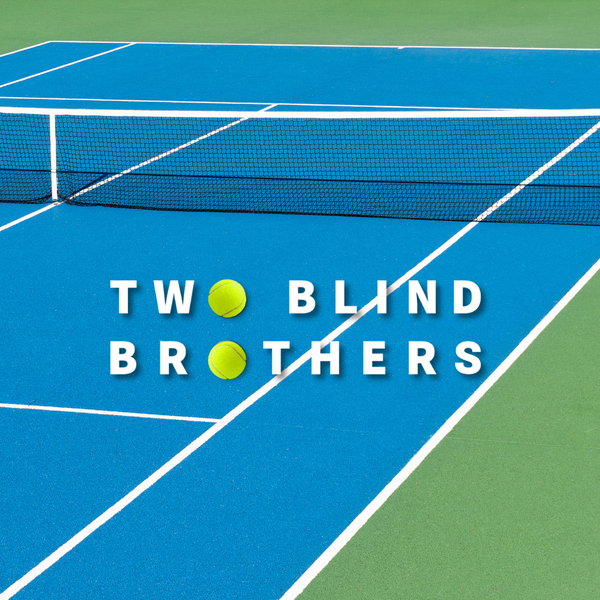Being blind can give you an advantage in the kitchen, here's why:
To be a better cook organize your kitchen and sharpen the senses often overlooked in cooking: hearing, touch and smell. Cooks with visual impairments know this better than anyone - and even the New York Times agrees (don’t believe us? Read their article here: To become a better cook sharpen your senses
According to David Linden, a neurobiologist at Johns Hopkins university “hearing and touch become more acute in the absence of sight.” We’re already used to relying on our other senses more than our sight, and doing so in the kitchen is only natural.
Visually impaired cooks also tend to be very organized in the kitchen to make things easier to find. Without sight, we can’t exactly see things that are in the way. To the visually impaired misplaced items can be obstacles to a perfectly timed meal and not just inconveniences.
So many important kitchen cues have nothing to do with sight: the fine line between a simmer and a boil is a sound. The difference between medium-rare and well done is the sensitivity of a touch. Yes, sharpening your senses and keeping an organized kitchen can be workarounds for the visually impaired, but really they should be essentials for anyone who wants to become a better cook, sighted or not, the only difference is that we already do them.
TOUCH
We’ve shown you how easy it is to test how well done your steak is just by using the palm of your hand and a finger. You can also use your sense of touch to measure spices and herbs – a pinch of this or a pinch of that is usually the equivalent of 1/8 of a teaspoon, a handful is roughly the same as 1 cup – or to determine the rice-to-water ratio. You can use your fingers to tell how much water you’ve placed in a pot. When you’re boiling potatoes, the water should just about cover them - you don’t need good sight to feel the level of the water. Touch will tell you if your tomato is mealy, your peaches are bruised, your zucchini is limp or your spinach is slimy.
HEARING
Food when it hits the pan makes a different sound depending on how hot the pan is - if it’s hot enough you’ll hear the hiss, if it’s not, maybe you’ll just hear a plop. You can use your sense of hearing to listen for the sizzle or hiss of water or olive oil (or if you’re unlucky, touch will tell you when it skites out at you). The toaster makes a pop when the bread is ready, the kettle whistles when your water is boiled. You can hear liquid bubbling when it boils, or alternatively hear the spits if it boils over.
Author and renowned patissier Kate McDermott insists you can hear when a pie is perfectly baked by listening for the “sizzle-whump”: The sizzle referring to the sound hot butter makes as it cooks the flour in the crust and the whump referring to the sound the pie filling makes as it bubbles up against the crust on top.
SMELL
First let’s start with the obvious you can smell burnt cookies and the smoke from your overcooked chicken, but you can also smell when garlic becomes aromatic in a pan. You can smell when your apple pie is almost done. You can smell when your milk has gone sour or your mushrooms have gone bad. A lot of times with curries, you can actually smell if it’s going to be unbearably spicy. If you make the unfortunate mistake of putting too much hot sauce in your dish, you can smell that too (and actually, you’ll probably also feel the burn in your nose)
CLUTTER
We tend to keep more organized kitchens as a result of our visual impairments. When you can’t see well you need to know where things are, especially in the kitchen, because a misplaced item, such as a knife, can often be more hazardous for us if it’s not where it should be. Clutter is the enemy of the blind and in the kitchen it tends to build on itself - your eggs have burnt by the time you find the spatula, or suppose your sharp knife is in with your forks and face-up instead of in the knife block where it should be; so now not only has your perfectly medium-rare steak overcooked because you couldn’t find the knife, but you’ve also managed to prick your finger on the blade in the process>
Instead of enjoying a juicy steak you’re left with a band-aid on your finger, a turkey baster, a garlic press and, your non-stick whisk scattered on your cutting board where that steak should be.
But clutter is also enemy of the good cook, no matter how well they see. Those who are visually impaired tend to have uber-organized kitchens, so things are easier find when you can’t see well and that can give us an advantage.

